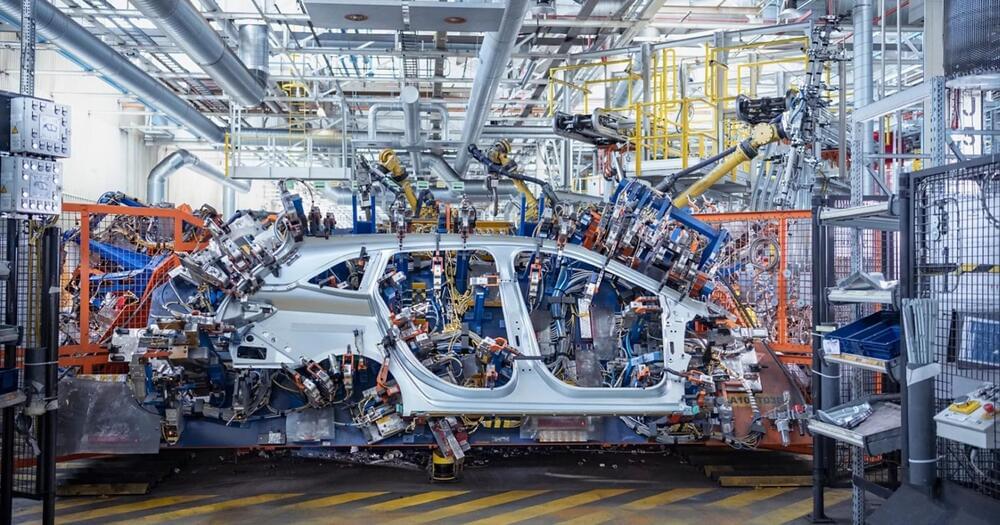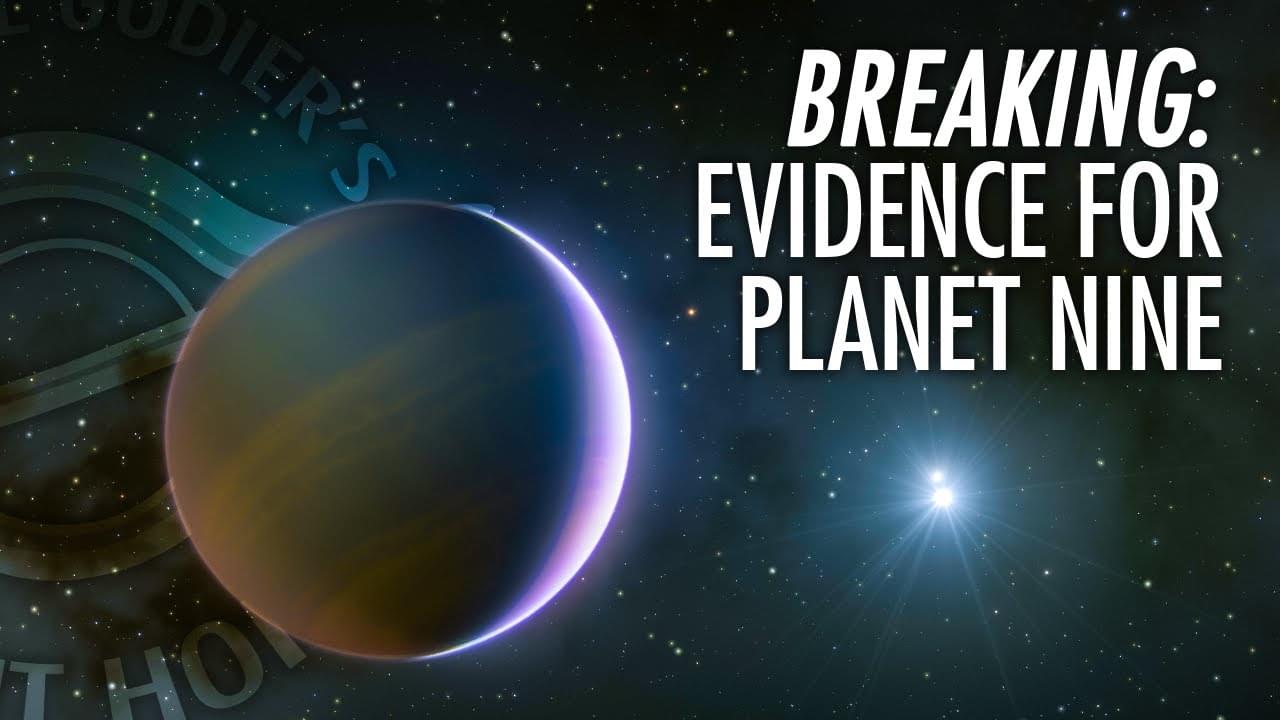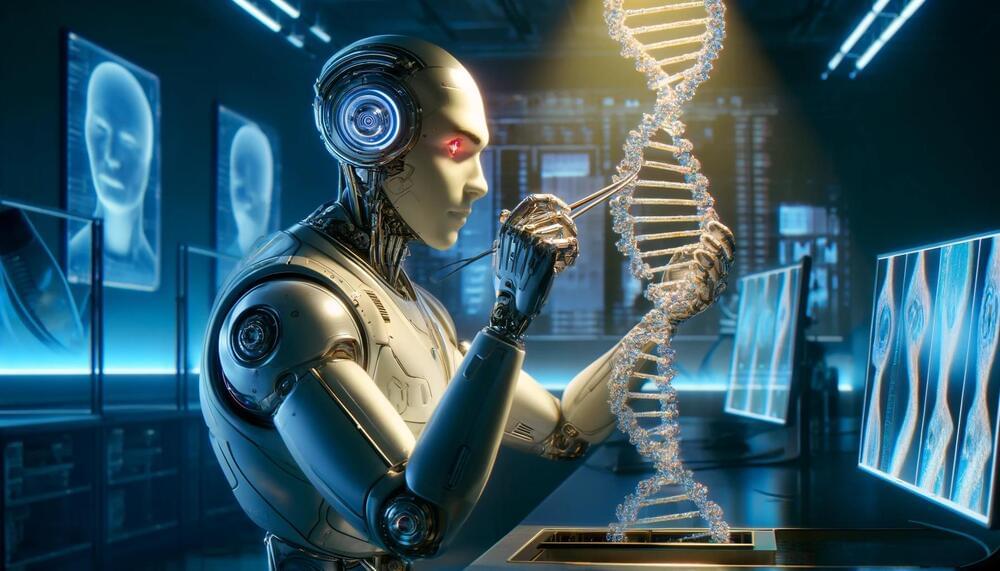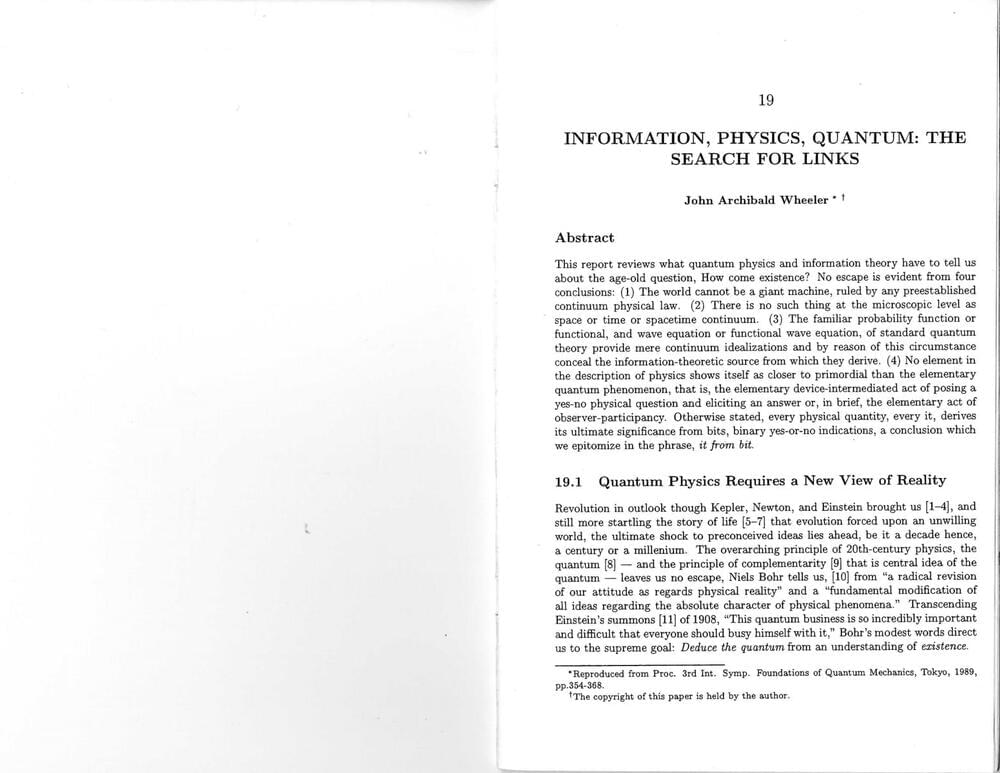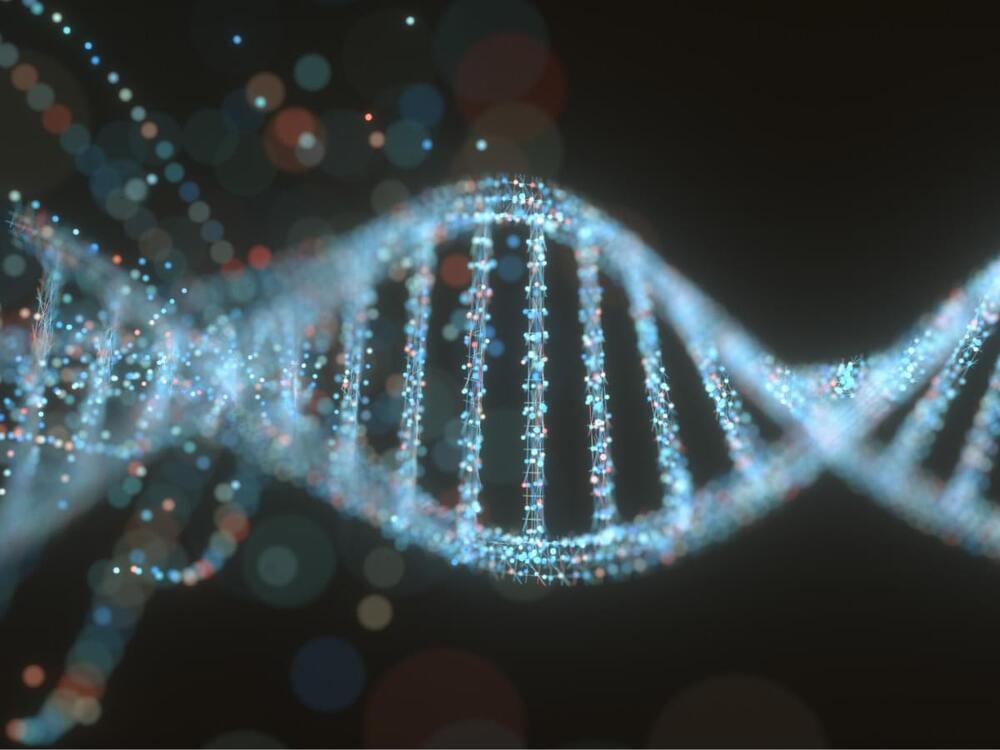Apr 26, 2024
Bigger isn’t always better: How hybrid AI pattern enables smaller language models
Posted by Rx Sobolewski in category: robotics/AI
Telcos are a prime example of an enterprise that would benefit from adopting this hybrid AI model. They have a unique role, as they can be both consumers and providers. Similar scenarios may be applicable to healthcare, oil rigs, logistics companies and other industries. Are the telcos prepared to make good use of gen AI? We know they have a lot of data, but do they have a time-series model that fits the data?
When it comes to AI models, IBM has a multimodel strategy to accommodate each unique use case. Bigger is not always better, as specialized models outperform general-purpose models with lower infrastructure requirements.
